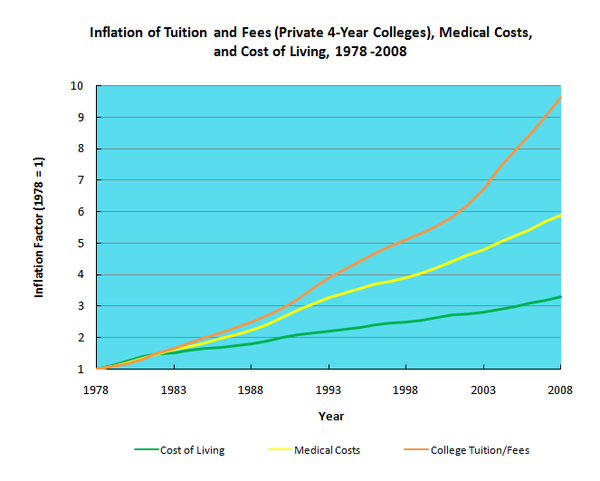In the October 2nd Wall Street Journal, Alan Blinder states his case for why being a successful businessman is irrelevant -- and perhaps counter productive -- to becoming President of the United States. He makes the following points:
1. There is no historical correlation between being a good CEO and being a good president. In fact, Herbert Hoover, who was arguably a very successful businessman, failed miserably as President.
2. Efficiency in operations, while very important in business, is not important in running government. "Rather than worshiping efficiency, some notion of 'fairness' is typically paramount in government."
3. The temperament that makes a CEO successful -- e.g. insisting on action and results from subordinates and colleagues -- is not well suited to being a successful President. Patience and compromise are.
4. "Top business executives focus single-mindedly on 'the bottom line'. Among the reasons why so many smart business people
fail in politics and government is that there is no bottom line in government."
Now as a matter of observation, I agree with Mr. Blinder. Results, efficiency and attention to the bottom line have seldom been characteristics of government. Politicians exist to deny the most fundamental of economic principles -- that resources are scarce and having more of Choice A means having less of Choice B. Politicians (at least the most successful ones) tell people that they don't have to make tradeoffs -- or at least that the tradeoffs will be born by someone else.
And where has this left us? Our government is broke. We're $16 Trillion in debt today and there appears to be no end to it. The federal government spends $32,000 per household
every year. That means that 60% of the average household's income is given over to the federal government. Maybe efficiency
should matter a bit?
Blinder attributed this to the difference between Shareholders and Stakeholders. In a company, a Stakeholder could be an employee, supplier or someone who lives in the neighborhood. The Shareholder is someone who put up the money to create the company and whose capital is at risk if the company performs poorly. In a company, the Stakeholders may have a voice, but they do get to run the company. In government, the Stakeholders not only get a voice, they get to make decisions about how to run the country. The Stakeholders vastly outnumber those who actually have to put up the money to run the country.
What would happen if companies were run in the same manner? Imagine that the Stakeholders got more votes than the Shareholders. You'd have companies where employees paid themselves larger salaries, couldn't be fired, had more days off, got free food in the cafeteria and paid nothing for a rich array of benefits. Suppliers would simply charge the company more for materials and supplies because nobody really paid much attention to costs. The neighbors would insist that the company build parks and ask for lavish "beautification programs". Anyone who tried to pay attention to the bottom line would be tossed out in favor of those pledged to run the company for the benefit of the Stakeholders.
And the world would be lovely for everyone. That is, until a competitor (say from another country) that
did pay attention to the bottom line took away some of the company's business. Until the company's credit line ran out and borrowing became very expensive. Until the company discovered that investors weren't too interested in a company run for the benefit of the Stakeholders.
Then the Stakeholders might need to hire one of those CEOs that Mr. Blinder says aren't so well-suited to being Presidents. Someone who focused on the bottom line. They might need to hire someone who could turn around a failing enterprise. Or they might just continue to go on pretending for awhile longer. Maybe they would just Hope.





